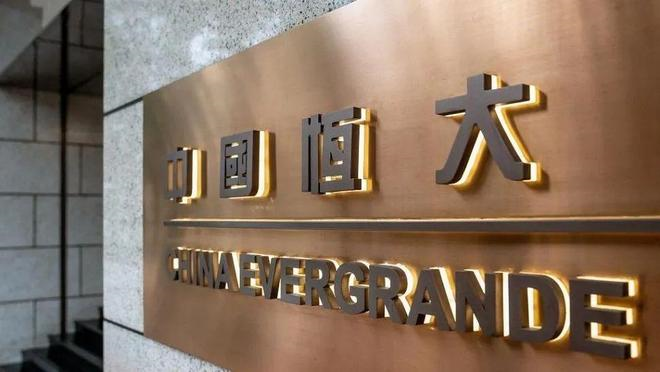China Evergrande Debt Crisis Erupts, Sparking Global Financial System Fears of a "Lehman Moment"
In September 2021, China Evergrande Group's escalating debt crisis and potential default sent shockwaves through global financial markets, prompting close scrutiny from Chinese government regulators and raising acute concerns about contagion risks within the world's second-largest economy.
CHINA,ECONOMY
Global N Press
9/24/20211 min read


In September 2021, China Evergrande Group's escalating debt crisis and potential default sent shockwaves through global financial markets, prompting close scrutiny from Chinese government regulators and raising acute concerns about contagion risks within the world's second-largest economy.
Evergrande Group, one of China's largest real estate developers, publicly disclosed that it was facing a massive liquidity crisis with colossal debts totaling trillions of RMB, and began defaulting on U.S. dollar bond interest payments. Due to Evergrande's sheer size and complex web of interconnectedness with buyers, suppliers, and banks, the crisis triggered panic in international financial markets over "systemic risk." Concerns mounted that this could become a Chinese equivalent of the "Lehman Moment," causing cascading effects on the global economy.
The crisis sharply illuminated the problems of high leverage and local financial risk within China's real estate sector. From a global economic stability perspective, international investors paid close attention to the Chinese state's approach to managing the distressed developer. Conservatives broadly viewed this as exposing deep structural flaws in the Chinese growth model, which relied heavily on debt-driven expansion and a real estate bubble. While the Chinese government employed targeted measures to avoid a hard landing, the crisis amplified international skepticism regarding the transparency and financial stability of the Chinese economy, prompting global capital to seek safer asset havens.




